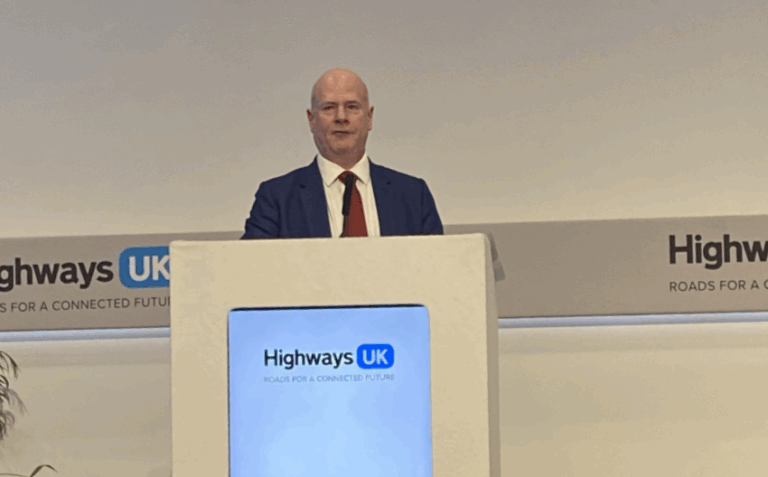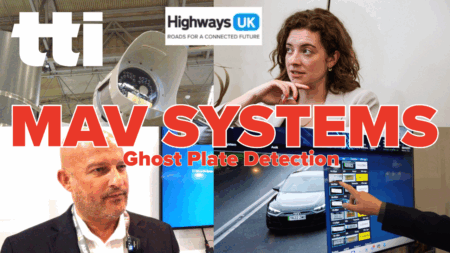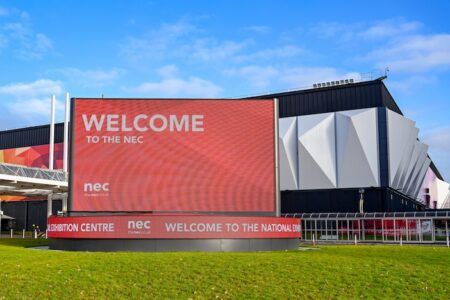Nick Harris, chief executive of National Highways, used his keynote speech at the opening of the Highways UK exhibition at the NEC in Birmingham (October 15-16) to confirm the £25 billion funding allocation for the Third Road Investment Strategy (RIS3), which will cover the period 2026-2031, bringing “confidence and clarity to what we’re all going to be doing over the next five years.”
Harris outlined a strategic shift towards technology and artificial intelligence to drive productivity across the network, while reaffirming the organisation’s commitment to the Lower Thames Crossing (which is not included in the £25bn funding plan), promising a 70% carbon reduction on construction while addressing talent retention challenges
“We’re going to be doing this with many of you in the room, and we’re doing it together with government. It’s a huge project, and everyone cares that we do this successfully,” he said.
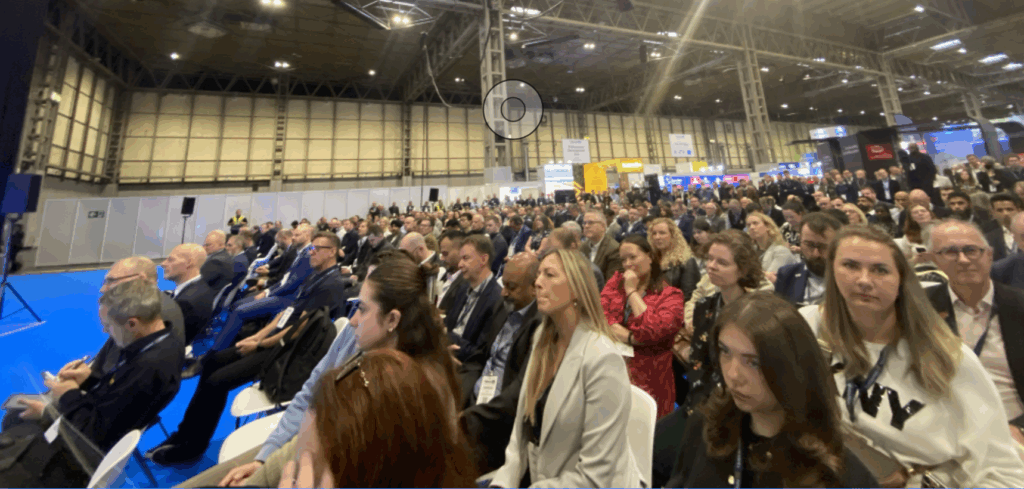
Harris suggested that the future of road management lies in AI and edge computing rather than traditional approaches. “Instead of having all the data from CCTV cameras come back to processing centres, it can be processed out there on the network,” he said. “Which means we can create much more resilient solutions, and solutions that can do lots of small, incremental things.”
Harris also referenced autonomous vehicles as a technology that is reaching maturity. “I got to ride in a Waymo taxi… they’re quite something. It is the future,” he said, adding that recent statistics from Los Angeles and San Francisco show autonomous vehicles have achieved drops in insurance claims and collisions.
However, he struck a more cautious note on the sector’s ability to capitalize on innovation without addressing a critical skills gap. When asked what single bold move could unlock growth and opportunity, he departed from strategic thinking to focus on fundamentals.
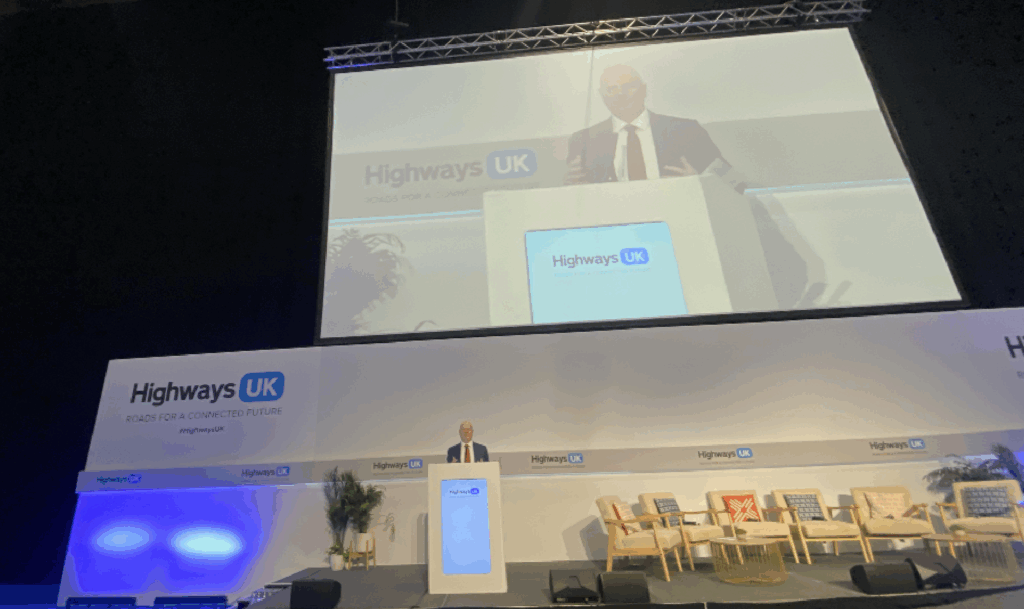
“The one thing, big thing, I come back to people. Giving people good jobs – creating a pipeline of talent into our industry, which is an amazing place to come and work and do great things,” he said.
On the Lower Thames Crossing, Harris dismissed recent media reports suggesting the Department for Transport had taken over delivery. “National Highways are focused on delivering the Lower Thames Crossing,” he said, explaining that governance oversight is appropriate given the project’s scale and importance.
The project is being positioned as a pathfinder for sustainable construction. Harris highlighted efforts to reduce carbon emissions by more than 70% – a target he described as potentially setting a new benchmark for large infrastructure projects.


